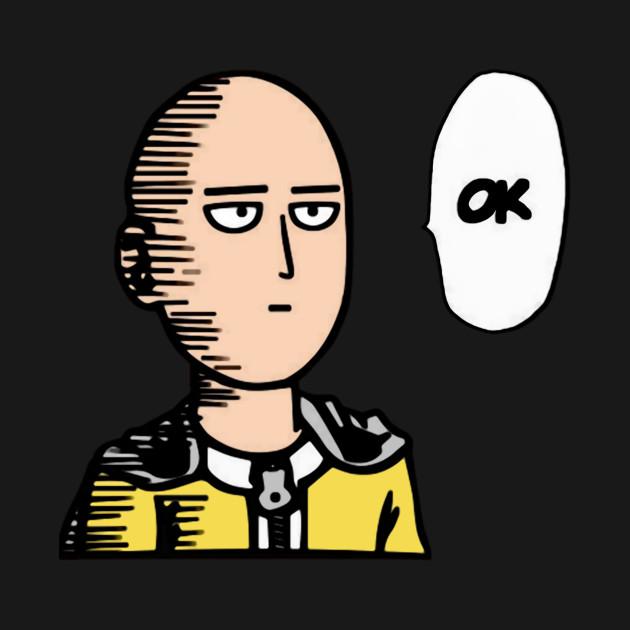
How to improve your chess
1) Stop trying. Let's be honest here, you're only here for the ride. Amusement park is always open for you.
2) Study less. Most of your training isn't efficient. According to Pareto principle 20% of your work affects 80% of the result.
3) Do what you want to improve. Play classical games if you want to improve your classical chess. Play blitz if you want to improve your blitz. The minimum number of classical games required to improve is around 30 games a year. Optimal is around 100 games. Usually more is better. Prodigy Awonder Liang played a stunning amount of 216 games in 2016. If you instead spend that time on blitz, the minimum for improvement would be 900 games a year. And for bullet about 2700 games.
4) Study chess. In order of importance for the average player:
a) Analyze your own games. Otherwise it's likely you will repeat the same mistakes. It might seem better to analyze on your own without any engines as you'll be alone again during your next game. On the other hand it's extremely time consuming. One is usually already very busy during tournaments. Engines aren't anymore just tactical beasts. They can show you beautiful positional ideas that are easy to remember and use. Logically best is to use both tools.
b) Solve puzzles. Many sites offer tactical problems. Just pick one. The closest one is of course here on chess.com. Hardcore tactics site is www.chesstempo.com. They have thousands of different problems and lots of statistics for you to stare at.
c) Go over full games. Either enjoy analysed games or use your own brain to think on some spots. Magnus Carlsen likes to quickly go over lots of games without any analysis. Professionals find fresh games here www.theweekinchess.com/twic. If you want to kibitz old chessgames go to www.chessgames.com
d) Master endgames. There are theoretical endgames and practical ones. It's easiest to study theoretical endgames as endgame tablebases are always right. No need to wait for depth 40 on your Stockfish. 6 men tablebases you can find here https://www.shredderchess.com/online-chess/online-databases/endgame-database.html and 7 men on lichess. The easiest and best moneywise source for learning endgames is wikipedia! https://en.wikipedia.org/wiki/Chess_endgame
e) Build an opening repertoire. It takes a long time so don't rush it. After a year you will have a decent one. Use databases, engines, books and articles to make one. The easiest one is just to use a database. Pick good moves that you like without anyone else pushing their own agenda through your throat.
ea) Write the moves somewhere. Most professionals use the expensive Chessbase. But there are many other options: scid, chessable, chess assistant, lichess, chesspositiontrainer, anki, chesstempo, your old school notebook, and so on and so forth.
eb) Test yourself over and over again. Passive reviewing is only good enough for a quick preparation before the game. For long-term memory it's necessary for your brain to be as active as possible during the learning process. One should also apply this method to all other aspects of chess like endgames.
ec) Due to eb) your repertoire has to be small. Relax and just do your best.
5) If you stop improving change something. Perhaps less openings and more salsa! But note that even Carlsen had a year in his teens when he didn't improve his elo at all. It might take time for your brain to handle all the new information.
6) Don't be tired just before your game. Your 6 hours of night time preparation might just cause you to blunder your queen.
7) Be on time. 5 minutes off 90 minutes is still a handicap of few elos. It all adds up.
8) Be healthy. Time to start exercising to get rid off that annoying back pain. Good physical condition helps you handle all the coming diarrheas in foreign countries.
Now go out there and destroy all your opponents in tetris